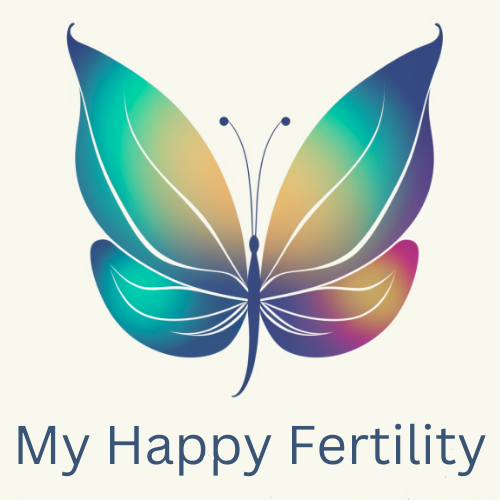Introduction
As a woman embarks on the journey of parenthood, fertility becomes a central aspect of their lives. However, for many, the path to conception is not always smooth. Thyroid disorders, a common endocrine condition, can significantly impact female fertility, making it challenging to achieve pregnancy. In this informative blog post, we’ll delve into the intricate relationship between thyroid imbalances and female fertility, exploring how thyroid disorders can affect ovulation, embryo development, and pregnancy outcomes.
The Role of the Thyroid Gland
The thyroid gland, a small, butterfly-shaped organ located at the base of the neck, plays a pivotal role in maintaining the body’s overall health. It produces two primary hormones: thyroxine (T4) and triiodothyronine (T3). These hormones are essential for regulating the body’s metabolism – the process by which the body converts food into energy. Moreover, they play a crucial role in various bodily functions, including heart rate, body temperature, and even reproduction. Therefore, any disruption in the production of these hormones can have far-reaching effects on an individual’s health.
Thyroid Disorders and Their Symptoms
Thyroid disorders typically involve the overproduction (hyperthyroidism) or underproduction (hypothyroidism) of thyroid hormones. Hyperthyroidism can lead to symptoms such as rapid heart rate, weight loss, nervousness, and irritability. On the other hand, hypothyroidism can cause fatigue, weight gain, depression, and sensitivity to cold. Both conditions can also lead to menstrual irregularities in women, which can, in turn, affect fertility.
The Impact of Thyroid Disorders on Fertility
Thyroid disorders can have a profound impact on a woman’s fertility. They can disrupt the regularity of menstrual cycles, making it difficult to predict ovulation – a crucial factor for conception. Furthermore, thyroid disorders can interfere with ovulation itself, leading to challenges in conceiving. Even if conception occurs, poorly managed thyroid conditions can affect the development of the fetus during pregnancy, leading to complications such as preterm birth or miscarriage.
Managing Thyroid Disorders for Improved Fertility
The management of thyroid disorders involves a comprehensive approach that includes medication, lifestyle changes, and regular monitoring of thyroid hormone levels. Medications can help regulate the production of thyroid hormones, thereby alleviating symptoms and improving fertility outcomes. Lifestyle changes, such as maintaining a healthy weight and managing stress, can also support overall thyroid health. Regular monitoring of thyroid hormone levels allows for timely adjustments in treatment, ensuring optimal hormone balance for fertility.
Conclusion
Understanding the link between thyroid disorders and fertility is crucial for women who are trying to conceive. It’s important to remember that while thyroid disorders can pose challenges to fertility, they are manageable with the right treatment and care. With proper management and treatment, it is possible to improve fertility outcomes and increase the chances of a successful pregnancy.






